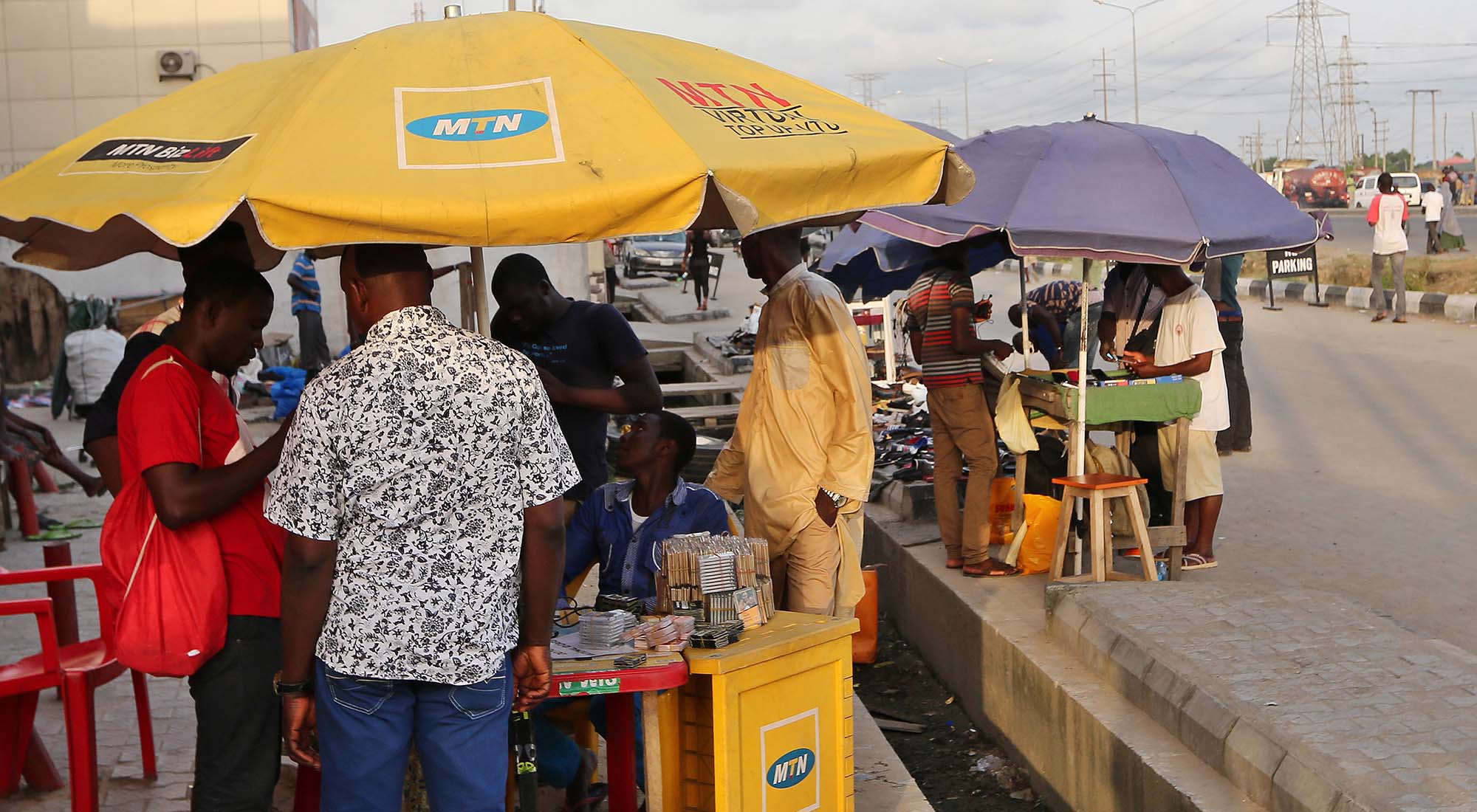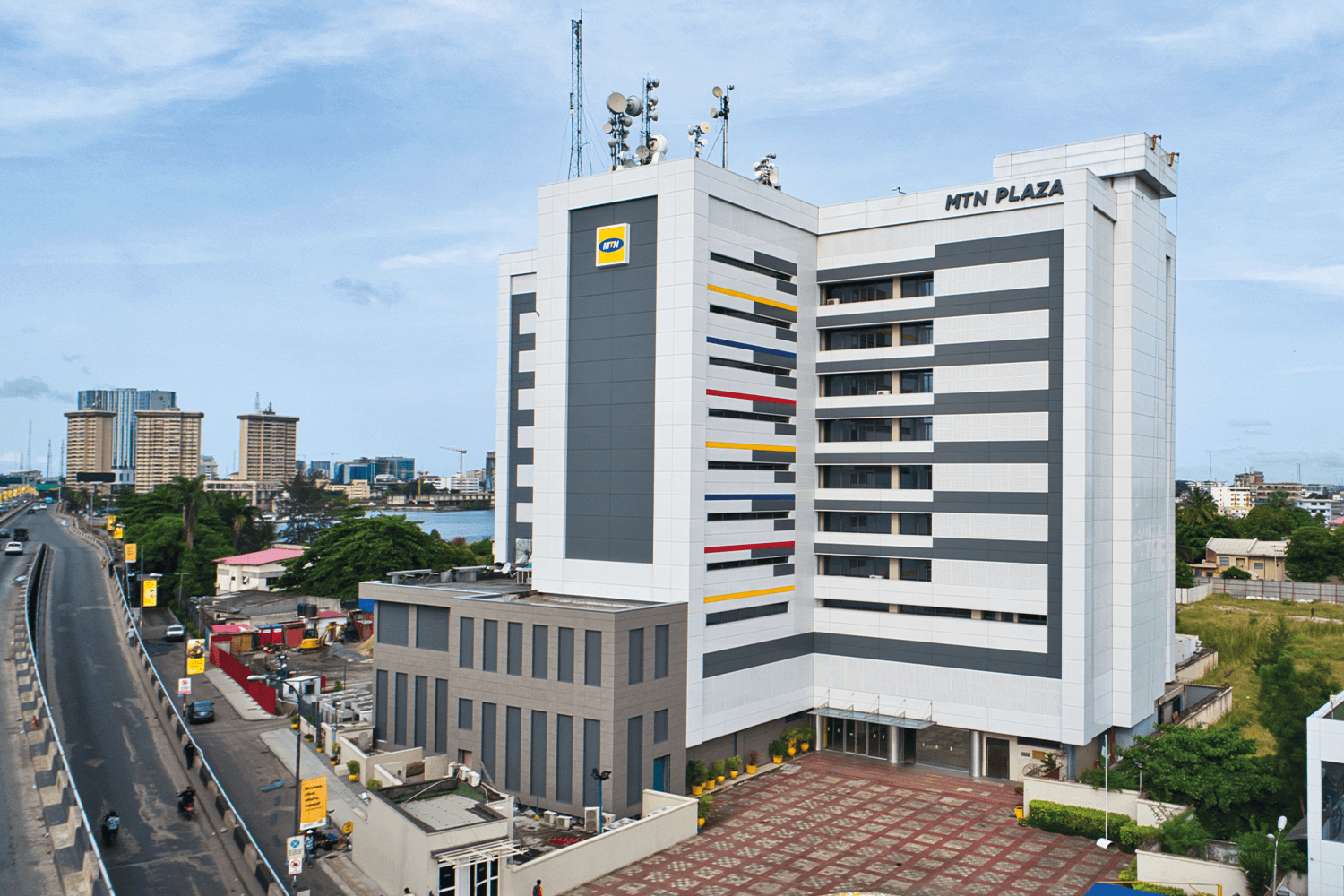Lagos, Nigeria’s economic powerhouse, is a city of contrasts. While the big buildings in its business districts signify wealth and ambition, its residents’ salaries tell a different story. If you earn more than ₦200,000 monthly, you’re an outlier in Nigeria’s commercial capital. Most people who work in Lagos (78%) earn less than ₦100,000.
These data points are from the State of the Employed report by PaidHR, a Nigerian startup that helps businesses manage their HR functions. The company spoke to over 1,600 employees—half of whom are 19 to 35—and employers in Lagos.
“[The report] helps us understand the plight of people who earn salaries, spotlighting how they earn it, where they earn it, and what their earnings enable them to do,” said Seye Bandele, PaidHR CEO.
As Nigeria’s cost-of-living crisis deepens, half of working Lagosians spend more than they earn monthly. They resort to second income streams to supplement those earnings.
These workers (51.2%) have no income left after covering necessities like food, transport, rent, and utility payments. Food is the most significant of those bills, with workers spending ₦54,000 on food monthly—that number used to be ₦38,000 in 2023. Transport costs also jumped from ₦16,000 monthly in 2023 to ₦22,000 in 2024.
Only a few people (30%) have budgets for recreation, and saving is a similar luxury.
For those who do manage to save, the primary motivation is rent. Overall, men tend to save more than women, particularly married men. However, single women save more than single men.
While credit solutions are crucial for navigating economic hardships, the report reveals a significant gap in access. 70% of Lagos workers lack employer-backed loans or credit facilities. This presents an opportunity for digital lenders to develop credit solutions tailored to these specific needs.
The nation’s economic woes have also affected the productivity of these workers. 55% of workers surveyed said the country’s economy has affected their productivity at work. While financial strain is a key factor, a surprising 58% of respondents blamed their mental health and lack of employer support for poor performance at work.




















